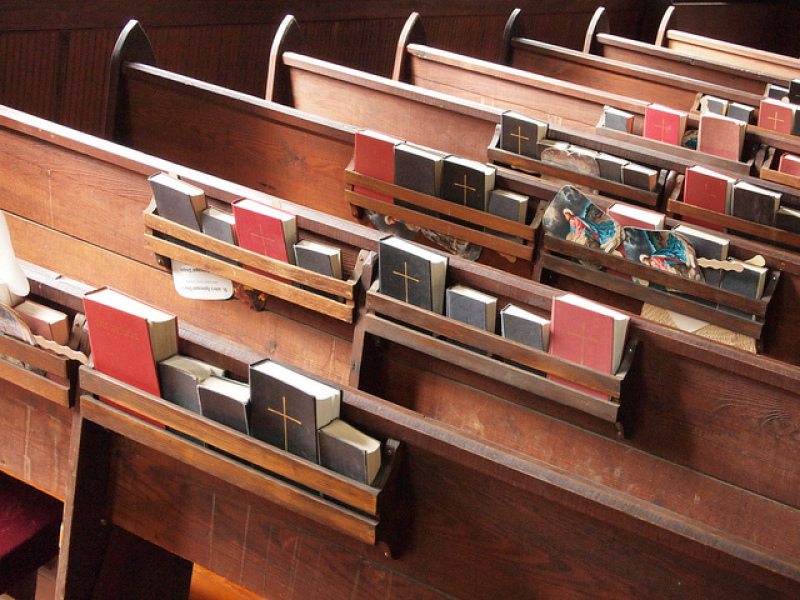
Adults identifying themselves as "religious nones" have increased over the last few decades according to Pew Research Center, and a recent Pew survey explored why they chose to move away from religion.
About 78 percent of the respondents of the survey said that they grew up in religious environment, but departed from the religion.
Pew received hundreds of different responses when the participants were asked to elaborate in their own words why they left their religious groups. Though the responses were diverse, Pew said, the research center was able to categorize some responses under common threads.
Some 36 percent said they were disenchanted with the religion, and about 7 percent said they were not interested in or did not need religion. Around 7 percent also said that their views evolved. Only 1 percent said they experienced a crisis of faith.
Many of the respondents said that they departed ways with religion because of its organized ways and hierarchy. About one in five Americans held this view.
Others also said that they saw religion becoming too much like a business, and also mentioned sexual abuse by clergy as one of the reasons for their leaving their childhood religion.
Around 18 percent of the Americans said they were unsure about their religion. Some 7 percent said they were unaffiliated but religious and stated views such as "I believe in God, but in my own way." About 3 percent included those who said they were spiritual but not religious, and wanted to seek "enlightenment."
About 10 percent of the "religious nones" said they grew up in religiously-affiliated homes, but now said they were inactive in their religion. Such people were seen to retain some religious beliefs, but were not participating in their religion. Some of them said they did not go to church, and others said they had other things to do and were too busy to attend services at house of worship.
Many of those who were disenchanted with their religion said certain reasons such as evolution made them apprehensive of their religion. Others said "too many Christians were doing un-Christian things," "religion is the opiate of the people," or "rational thought makes religion go out of the window," etc.
People who disliked organized religion said that they saw "religious groups as more divisive than uniting," while some were put off by "clergy sex abuse scandals."
The inactive believers "stopped going to church when [they] went to college and never picked it back up. [They were] never super religious."


















